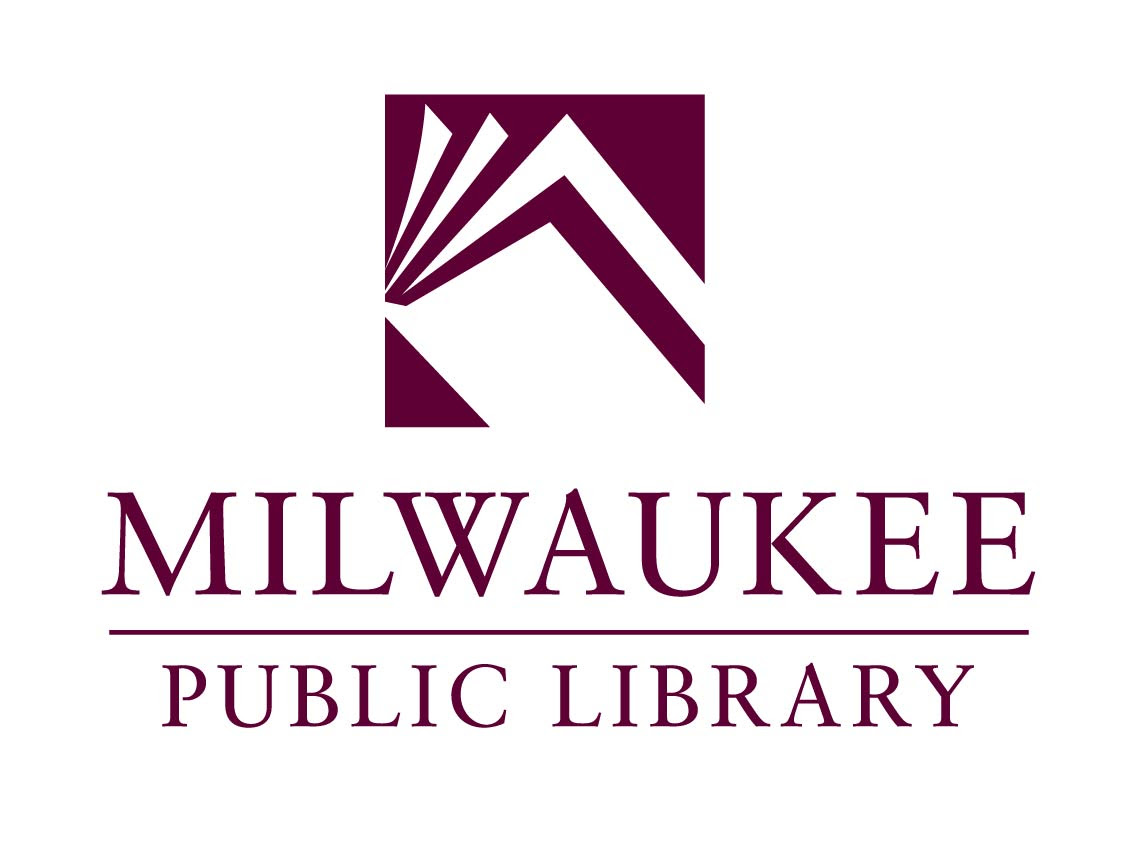Real Food
Prompts Against Anxiety #38 | from Inupiaq poet Joan Kane. Kane is the author of numerous collections of poetry, the most recent of which is Dark Traffic, forthcoming from Pitt Poetry Series this fall.

In the Ugiuvak (King Island) tradition—as with many other Indigenous people of the arctic and communities engaged in surviving through sustainable food networks, subsistence cultures, and practices—when a living being is harvested for nourishment, a hunter customarily places water in the mouth of the animal as an expression of thanks, to satiate and honor the inua (life force) of a being who is connected to everyone and everything in the universe.
Writers are often told to “nourish” their writing with reading, observation, reflection. Here’s a prompt to (re)connect you to the land, ice, or water that has been (or will be) a source of nourishment for you, that will engage your senses and get you thinking in different directions about meals, real or imagined.
1. Set a timer for 10 minutes. Make a list of your favorite dishes to eat, or meals you would like to eat, or meals you’ve heard about that remain in your memory.
2. Look over your list and consider the people, places, and lives connected to those foods. Start to make categories of whatever type make sense to you (seasonal meals, family meals, foods connected to a particular ecosystem, etc). Choose 5-7 meals/dishes to focus on with the intention of writing about the people, places, and lives you associate with those foods. Which of these meals happened in the near past, the far past, and the far, far past (last year, your childhood, your family/ancestors). What undergirding structures or events do you see? If your list is not about things that are fun or happy (and you’d like it to be), go back, try to see the beauty there. Conversely, if you see things that need substance, revisit and revise your list accordingly.
3. Set a timer for 10 minutes. Make a list of all the images (not just visual images, but sounds, smells, textures, temperatures, etc) of anything you associate with those meals.
4. Look over your lists and categories and set another timer for 20 minutes and see if you have the beginnings of a piece that has some relationship to narrative via time, to character via living beings, to your own positionality by seeing how interconnected these items are. If you have something that looks like a poem, try to write with stanzaic regularity. If you have something that looks like prose, consider some of the vessels/containers/different shapes that are used to store these sources of nourishment as an inspiration for the prose shape of your piece.
Prompts Against Anxiety is sponsored by Milwaukee Public Library, an anchor institution that helps patrons read, learn, and connect—to our resources and our community. Now more than ever, stay connected, stay home, and stay safe.
More from this series
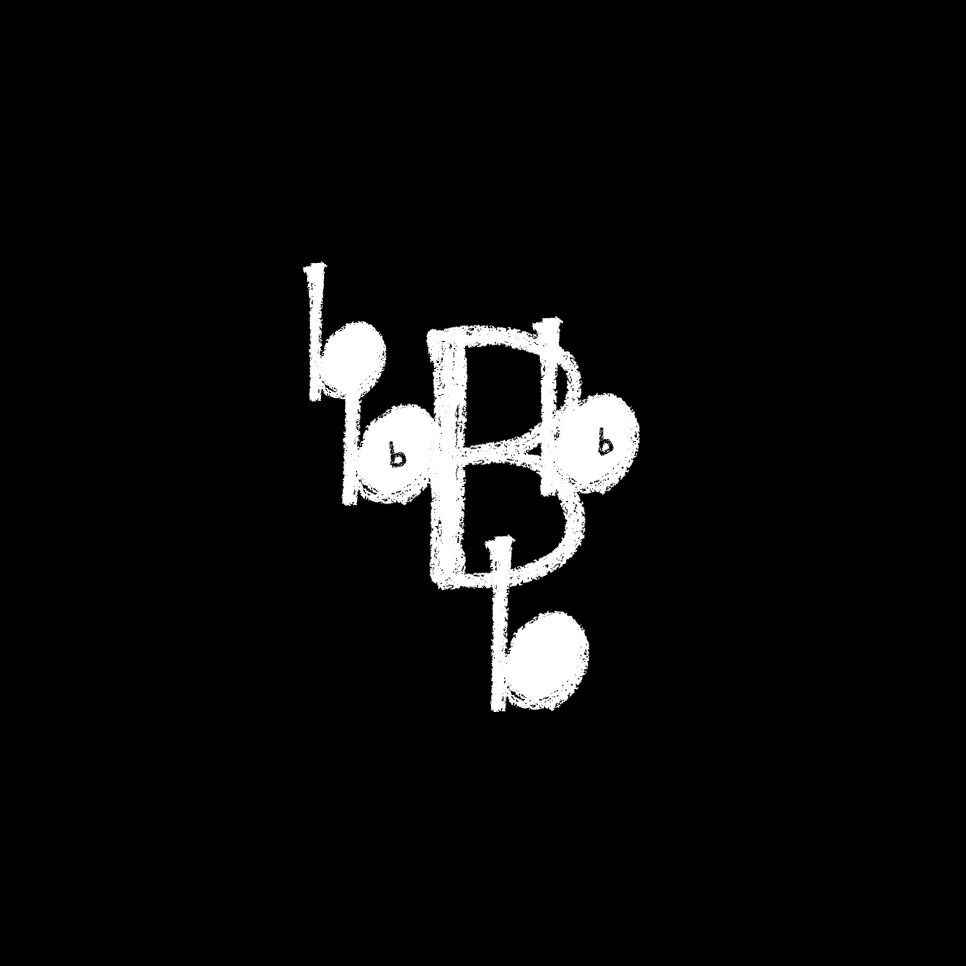
The Word was in the beginning but it is made of letters.Prompt #40—giovanni singleton
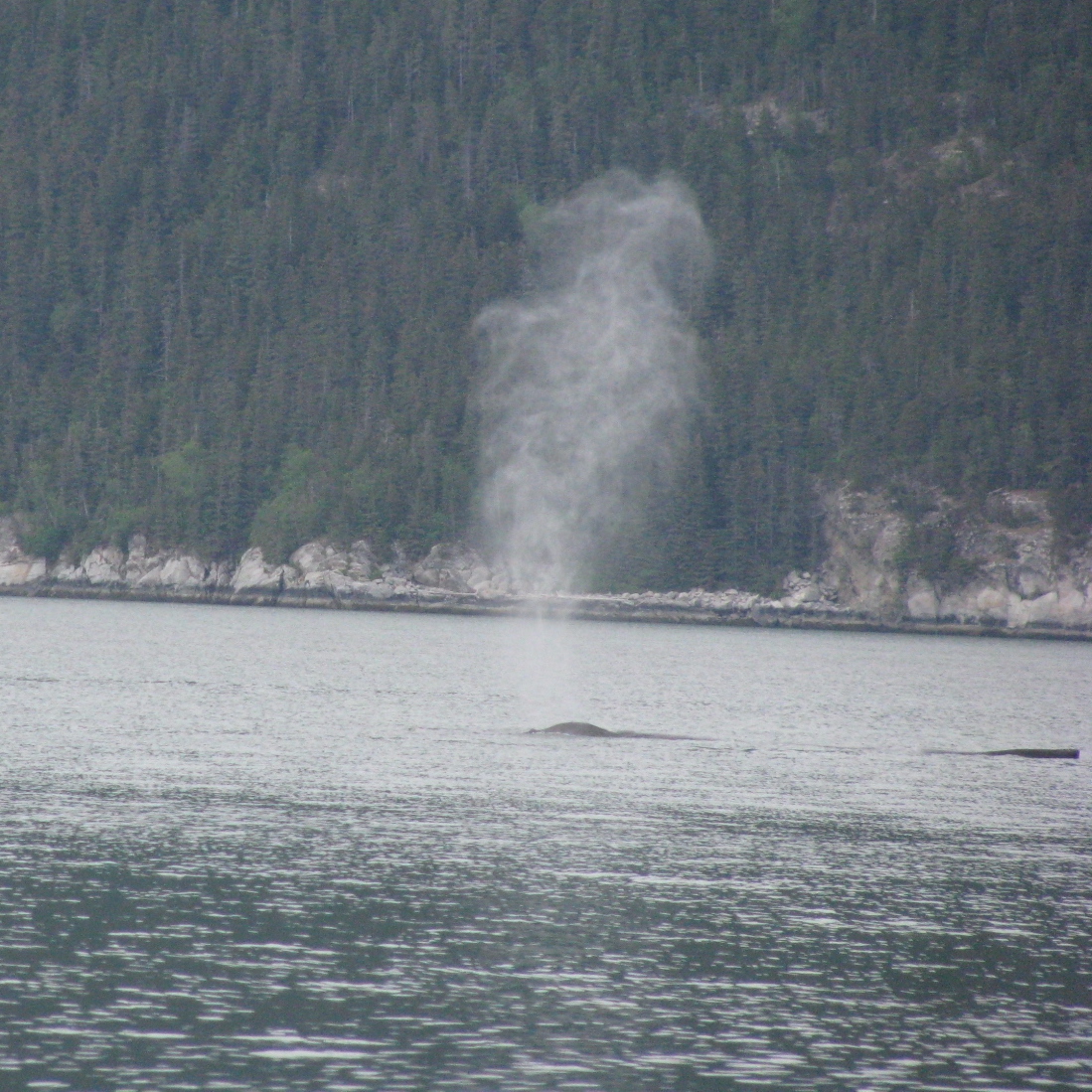
Write in NaturePrompt #39—Oogie Push
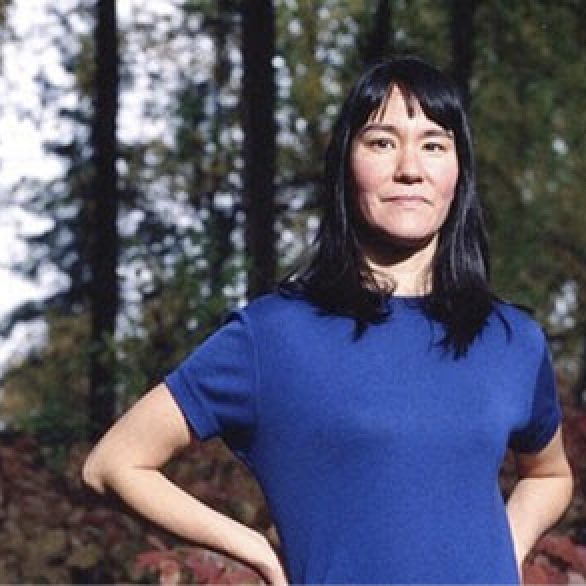
Real FoodPrompt #38—Joan Kane
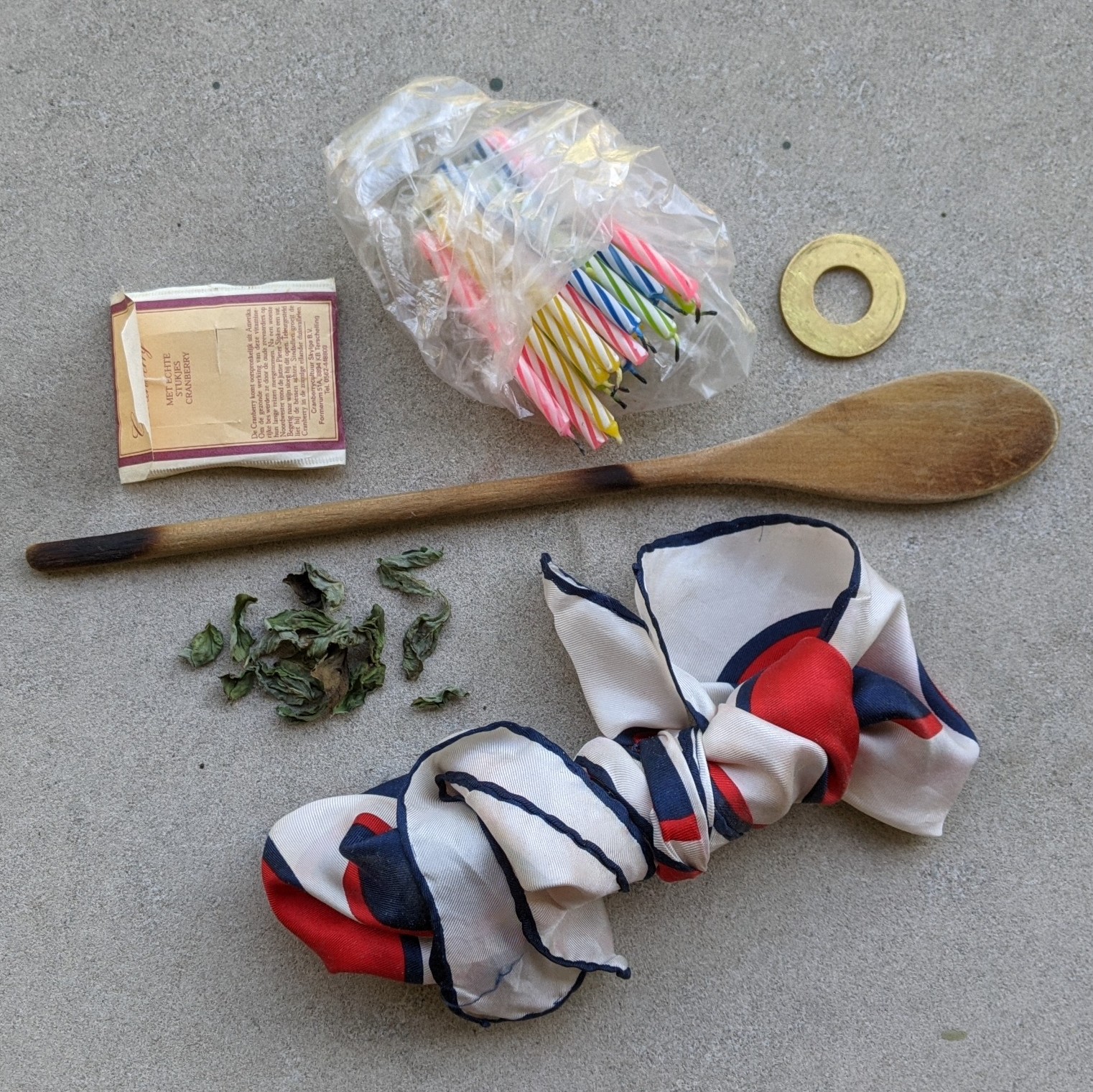
You Don't Need Proust to Smell GoodPrompt #37—Elizabeth Hoover
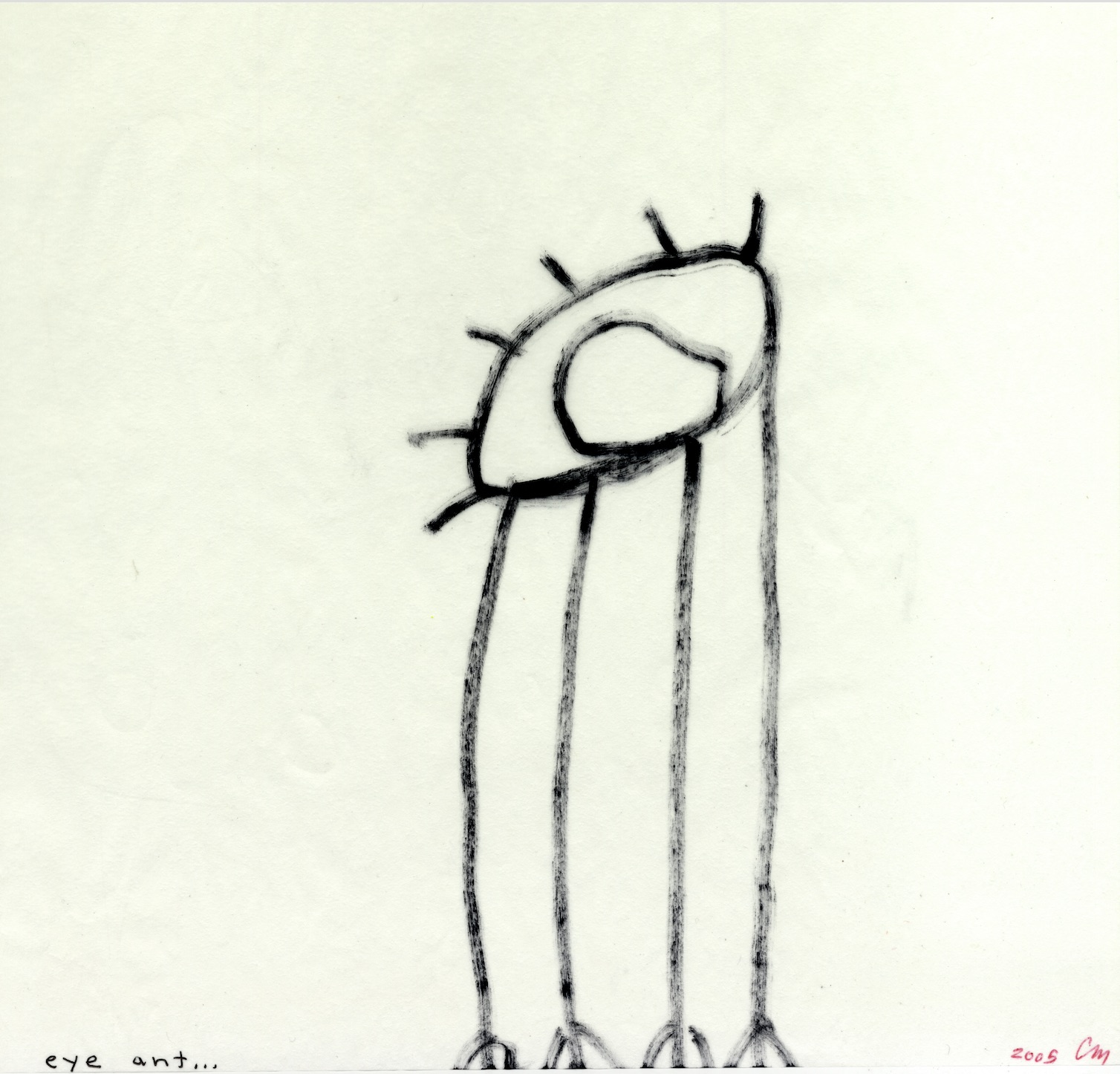
Find Your Own FormPrompt #36—Sawako Nakayasu

Tarot Recall: A Visionary Exercise for the PresentPrompt #35—Laurence Ross

Queers in Love at the End of the WorldPrompt #34—CJ Scruton
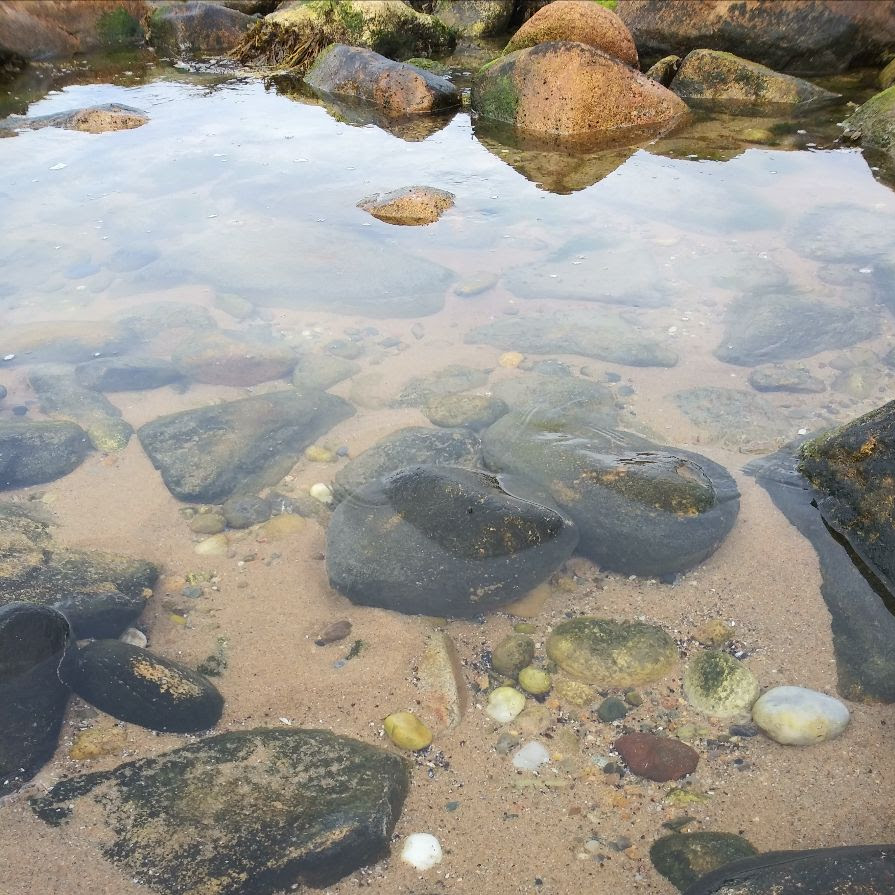
WORKBOOK FOR CHANGE: TWO PROMPTSPrompt #33—Kate Schapira
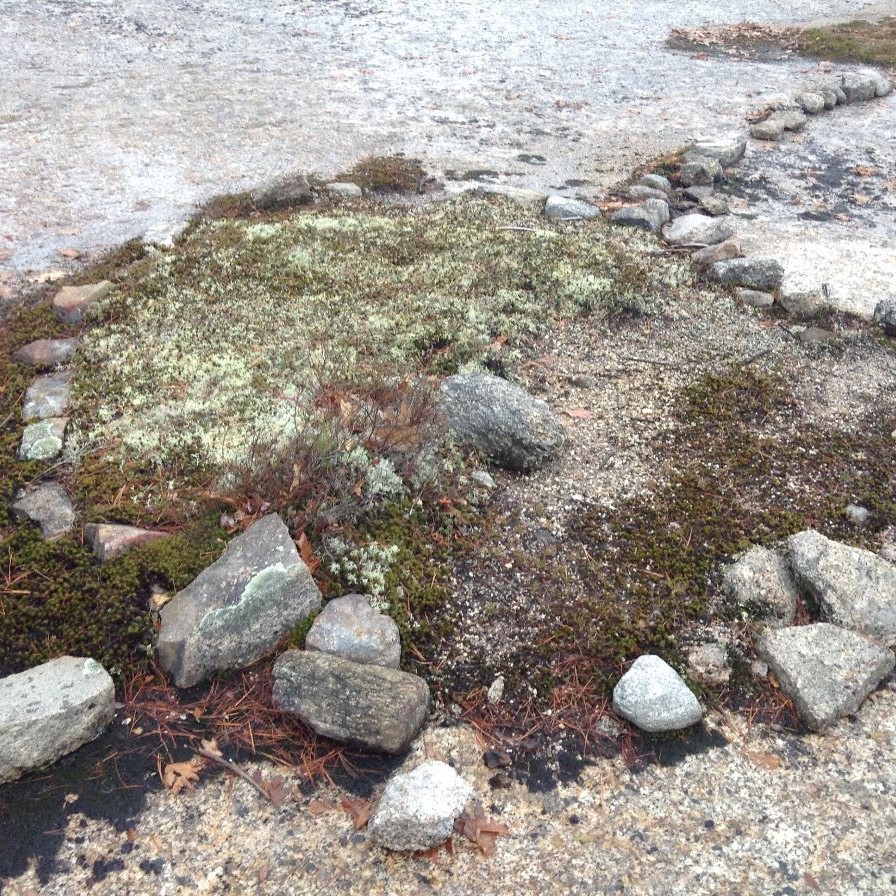
Preparation for the PromptPrompt #32—Lisa Fishman

Collage Your Own Writing PromptPrompt #31—Helen Hofling
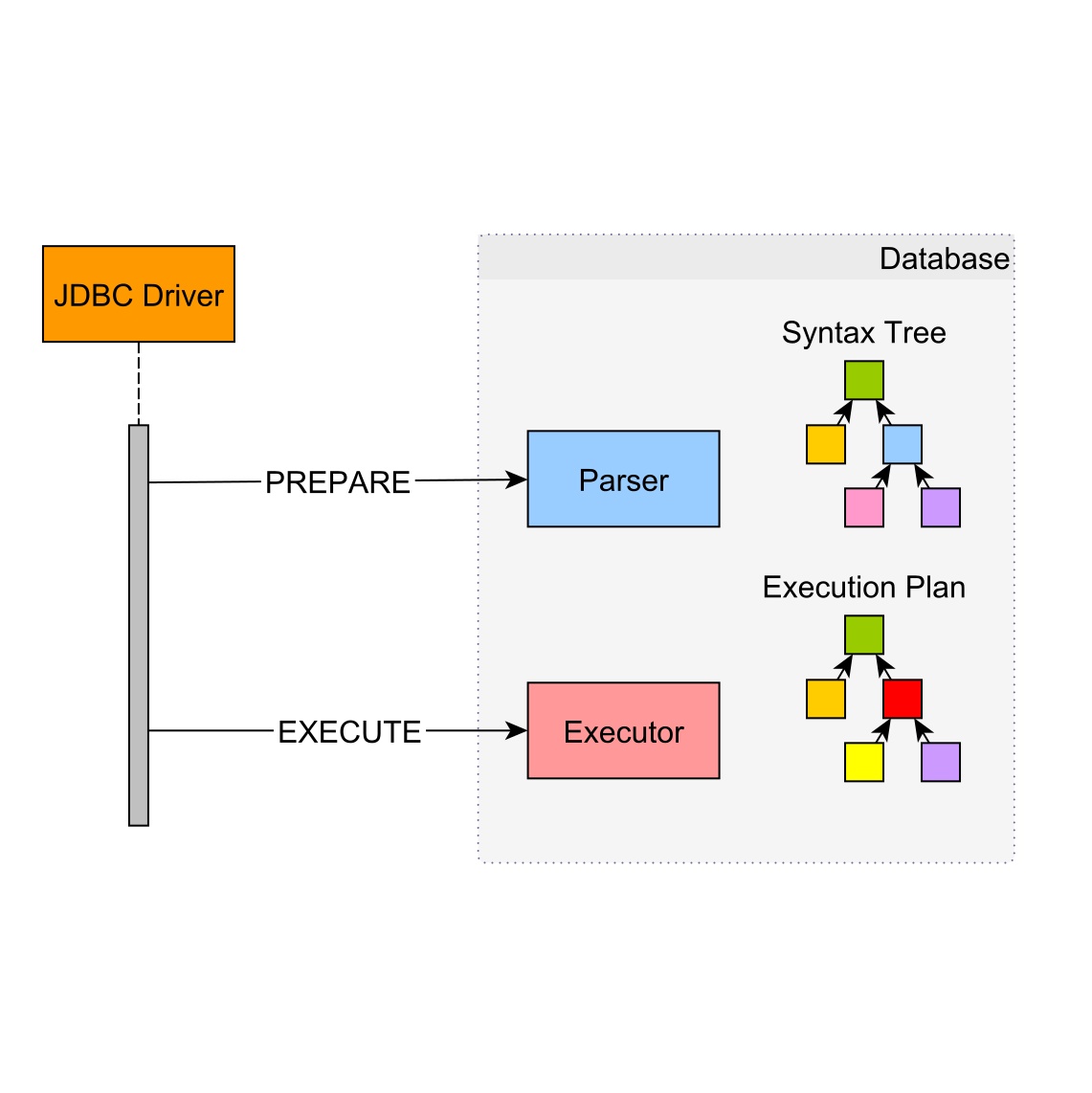
Prepared StatementPrompt #30—Mike Hauser
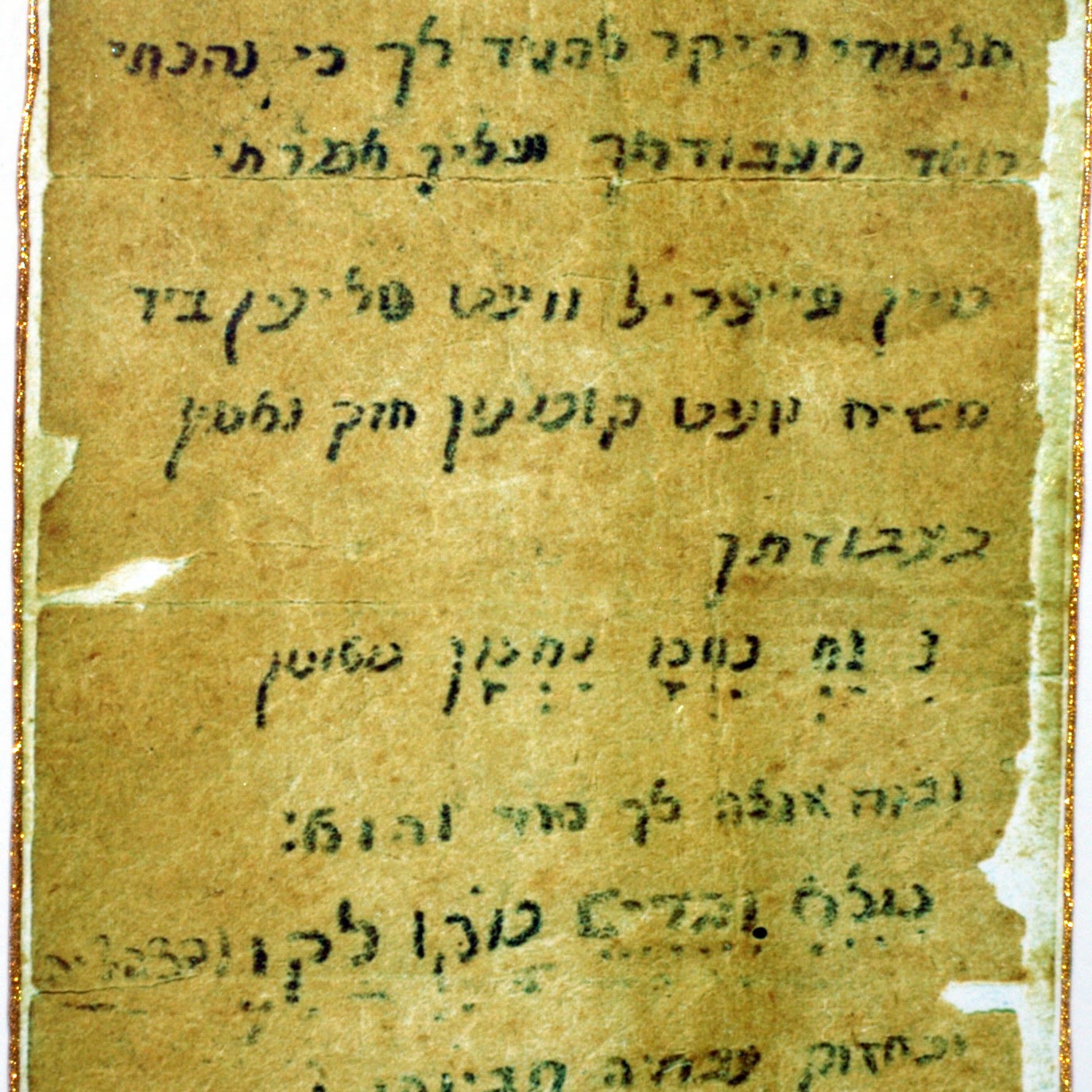
Repeat Repeat WritePrompt #29— Lewis Freedman
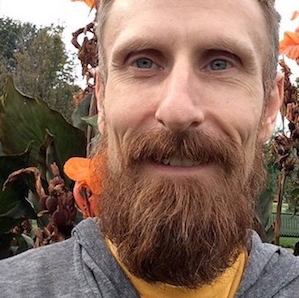
Poetic CorrespondencePrompt #28—Eric Baus

EKPHRASIS YOURSELFPrompt #27—Jennifer Nelson
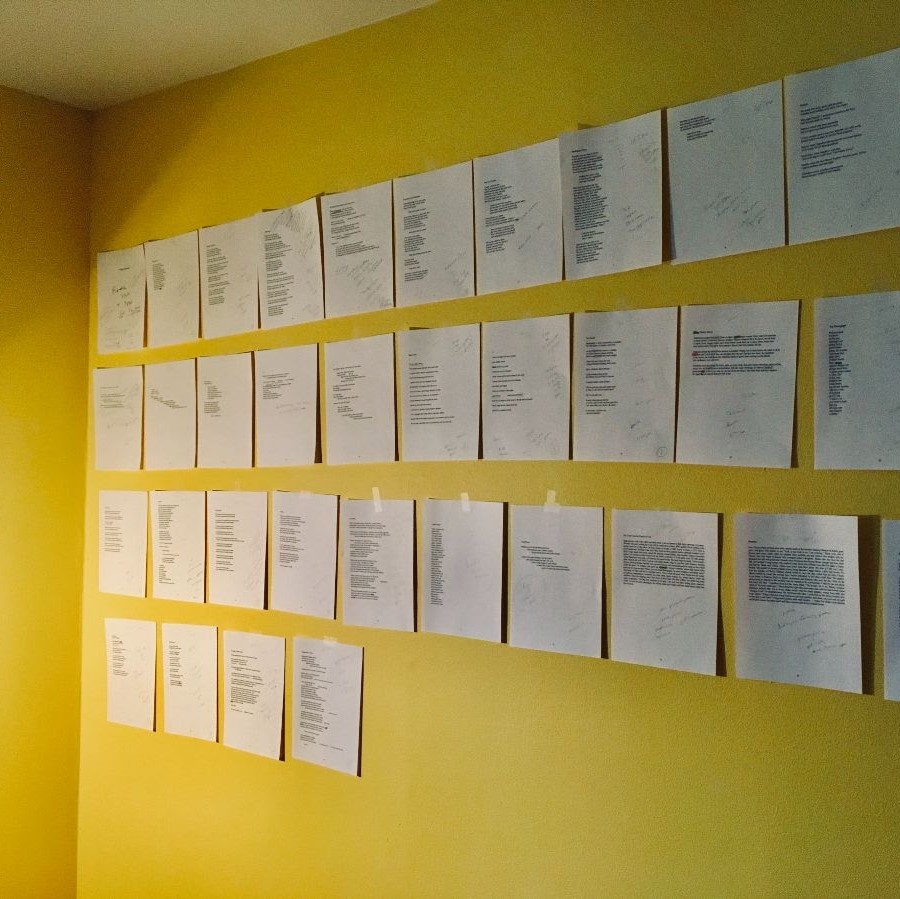
POETRY IS FOR THE PEOPLEPrompt #26—Angela Trudell Vasquez
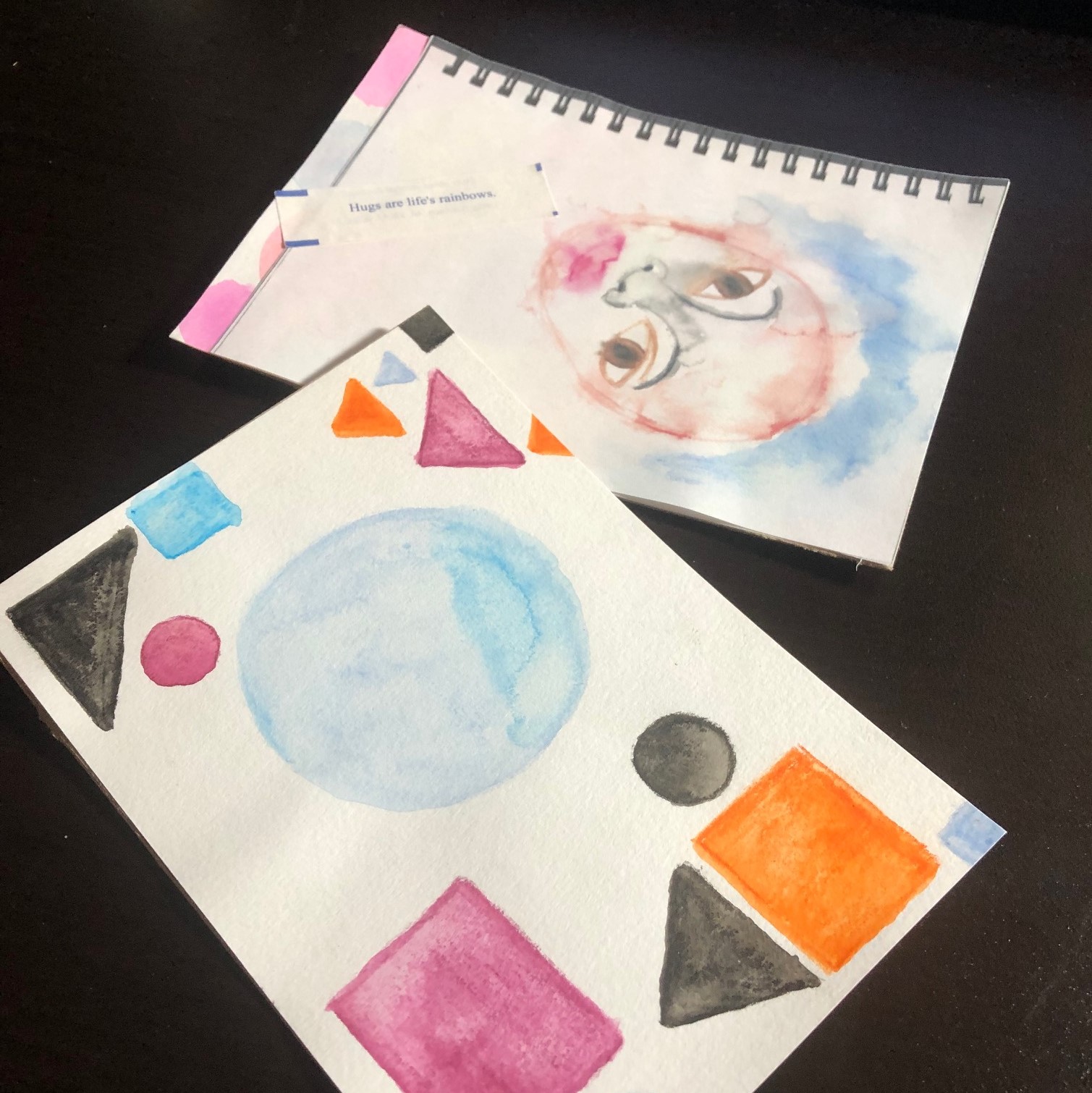
MAIL ARTPrompt #25—Siwar Masannat
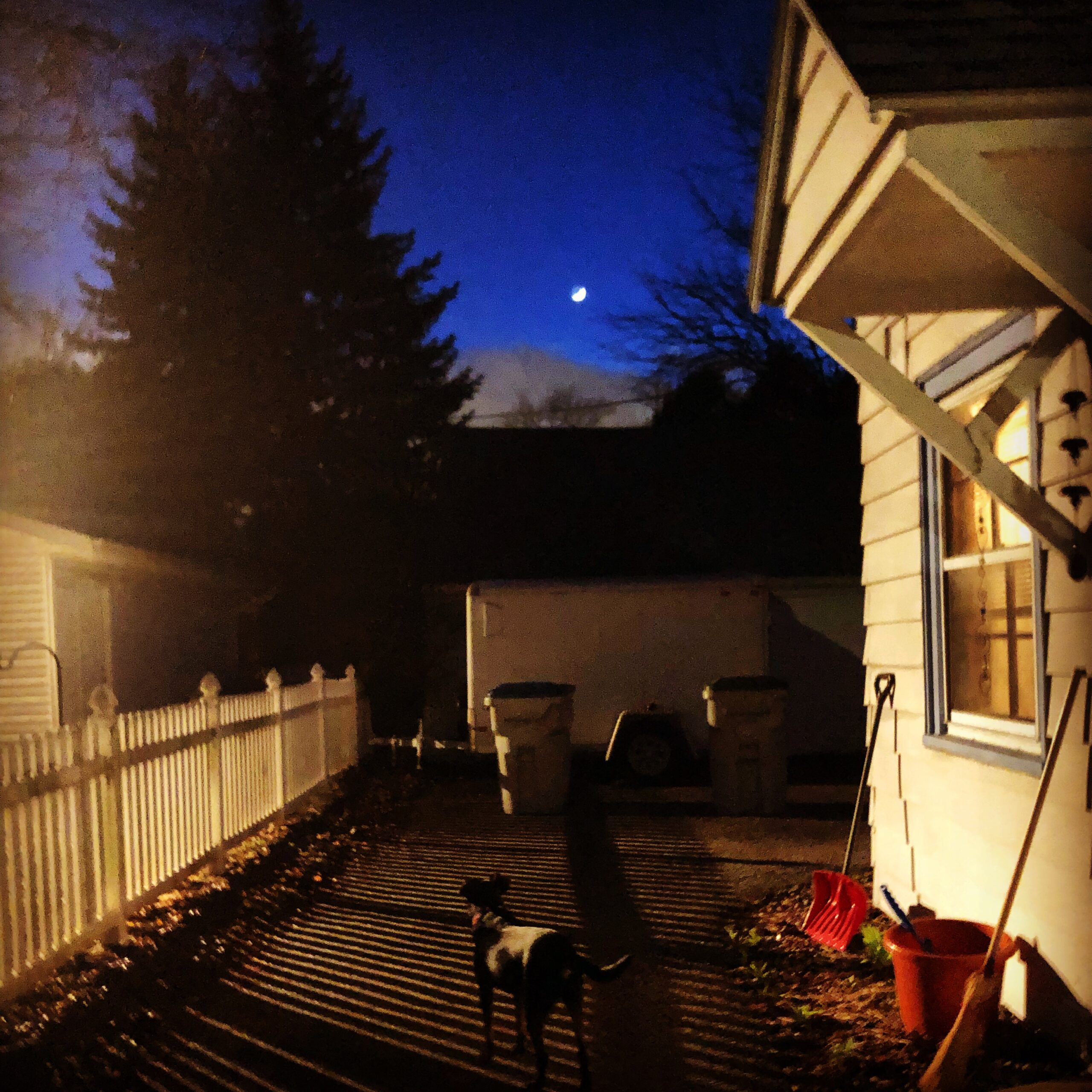
VISUAL POSTCARDSPrompt #24—Portia Cobb
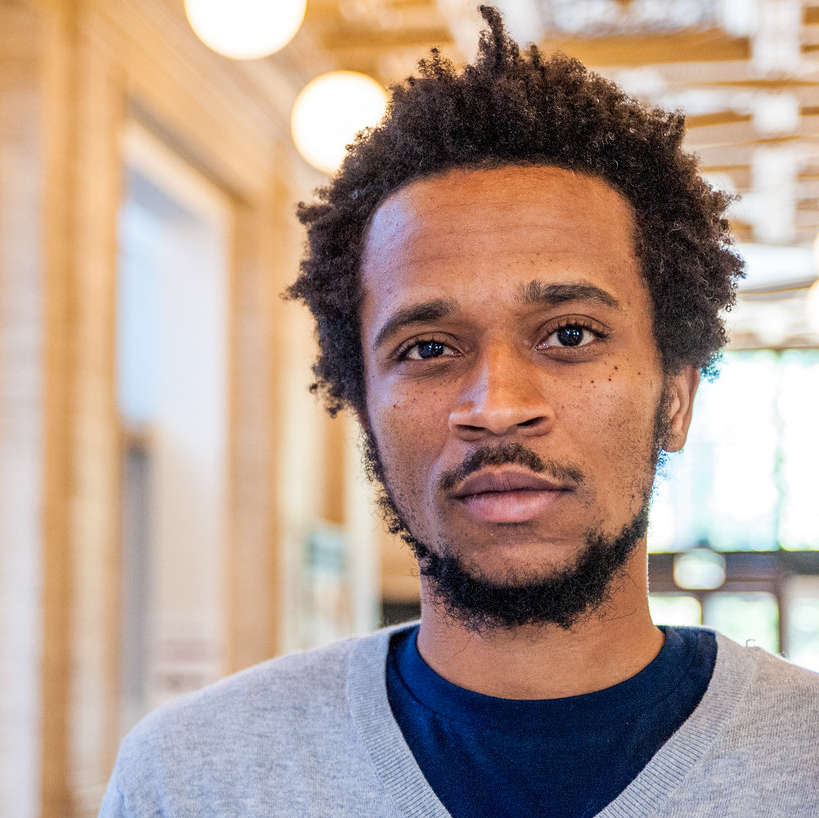
A [LONGER-TERM] DEEP LISTENING PROMPTPrompt #23—Jibade-Khalil Huffman

Humor as Medicine for the SoulPrompt #22—Mauricio Kilwein Guevara

Personification: A Social Justice PromptPrompt #21—Derrick Harriell

Ponge ExercisePrompt #20—Tyrone Williams
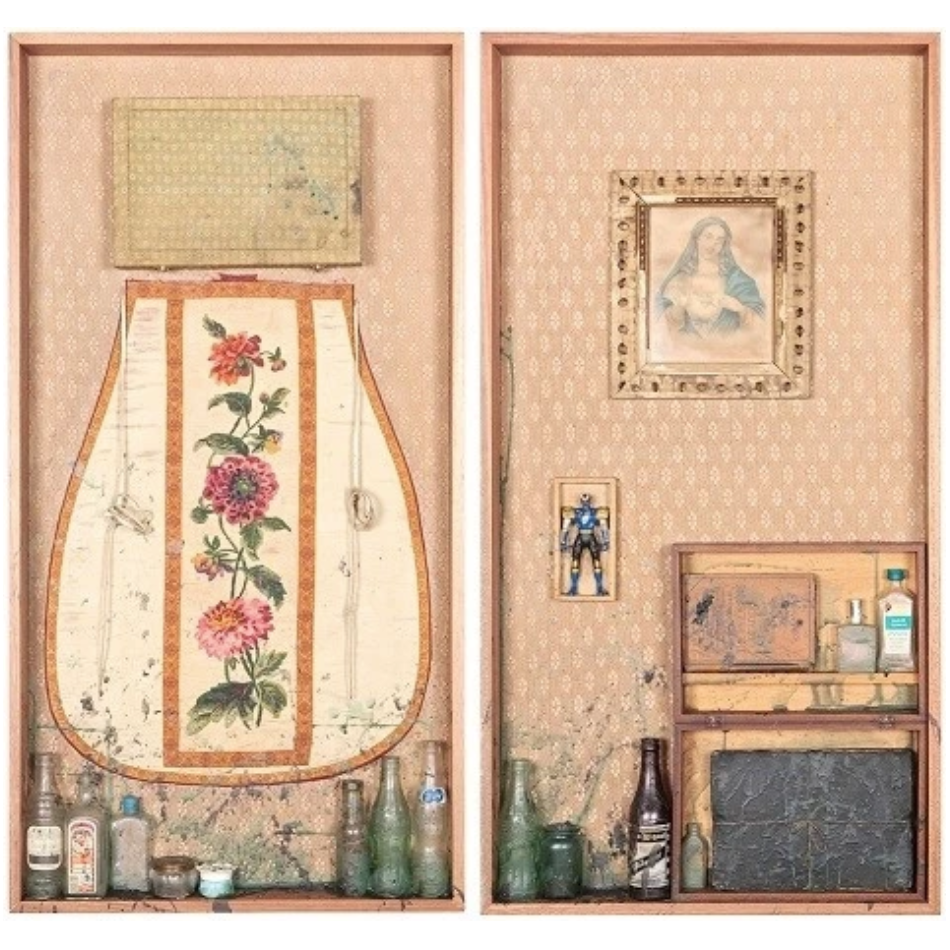
Occult DocupoesisPrompt #19—Kimberly Alidio
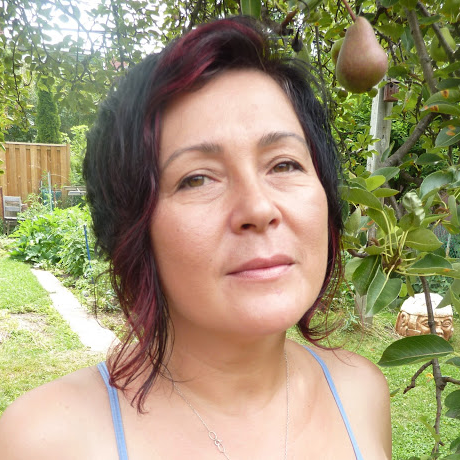
Junk Drawer SongPrompt #18—Hoa Nguyen

TALK TO THE POETSPrompt #17—Stacy Szymaszek
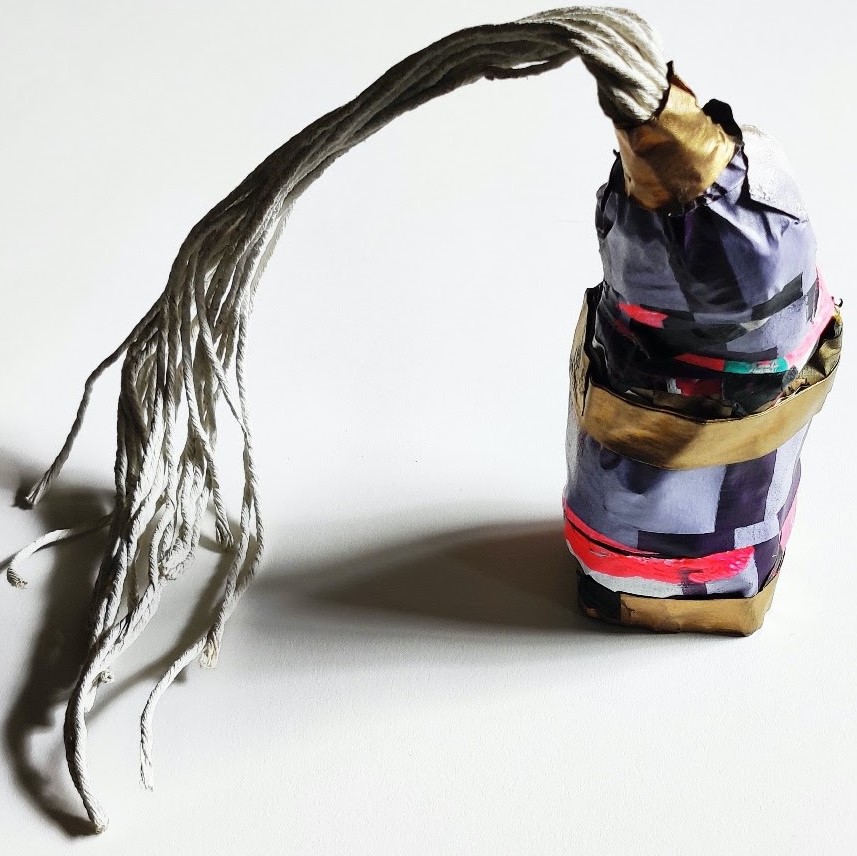
Make-Do Origin Stories & Concrete FuturesPrompt #16—Ching-In Chen
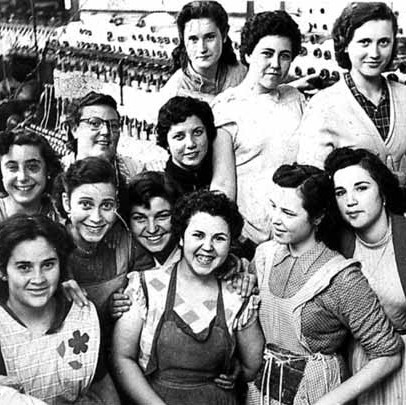
The Family PhotographPrompt #15—Rosa Alcalá
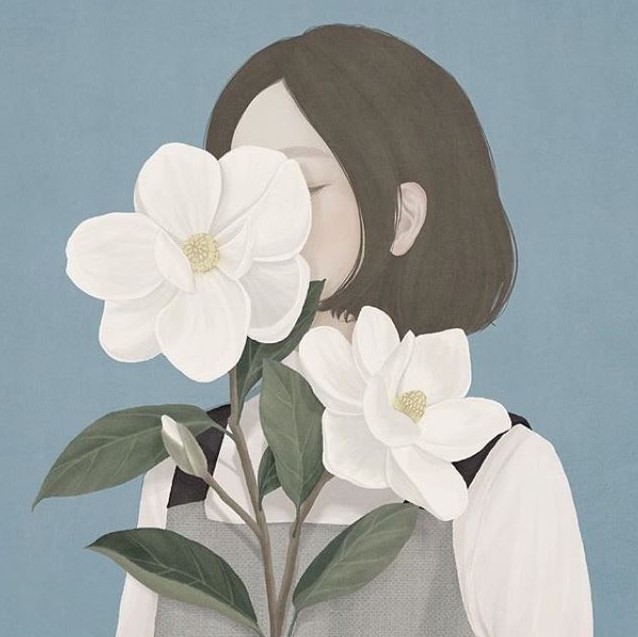
Writing Advice for Your Younger SelfPrompt #14—E.J. Koh
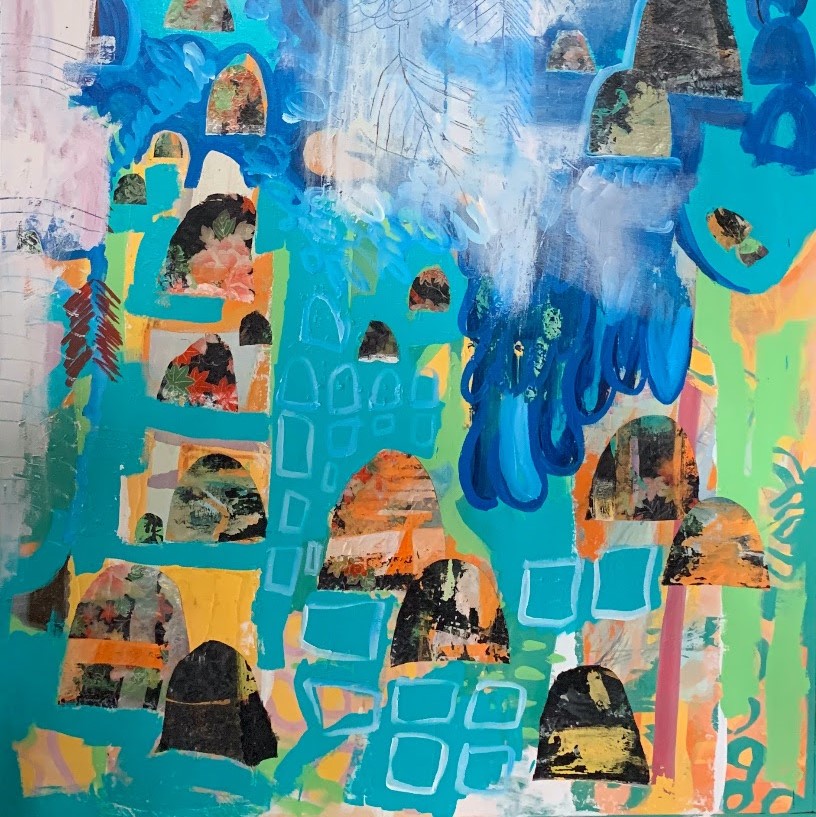
Note(s) to SelfPrompt #13—Stacy Blint
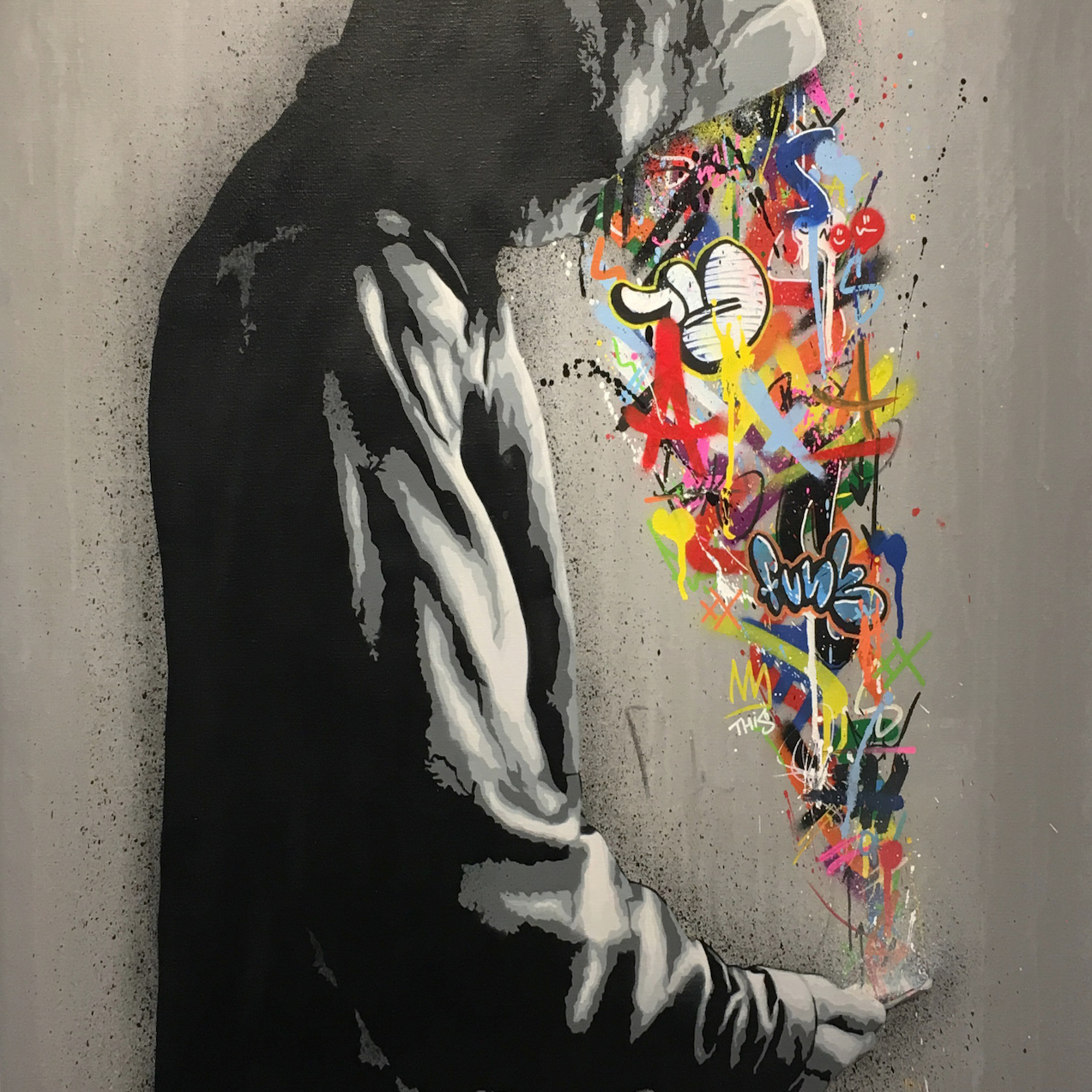
Embracing ConfusionPrompt #12—Bryon Cherry
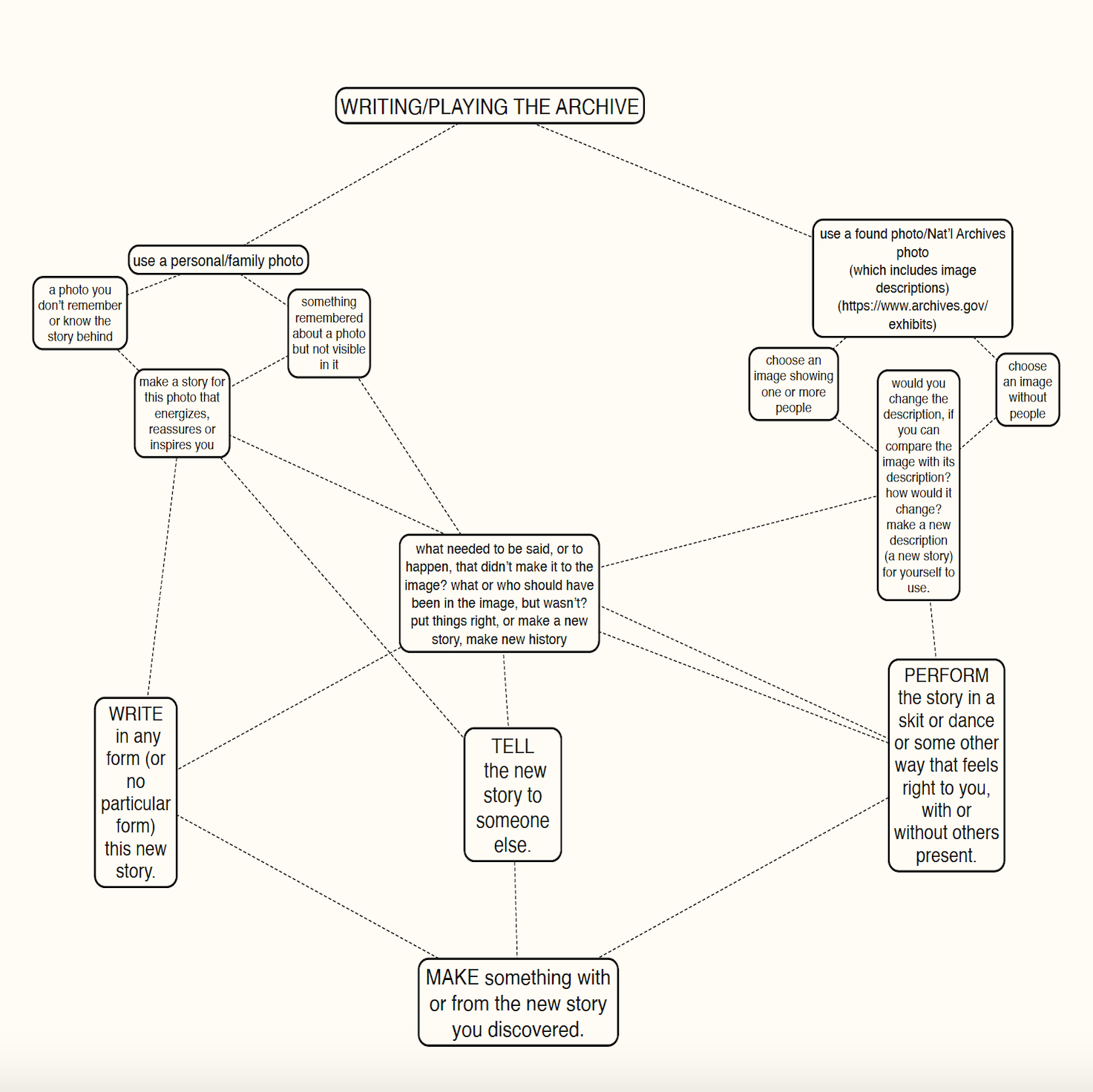
Writing/Playing the ArchivePrompt #11—Jay Besemer

CAPTURED & FREEDPrompt #10—Dasha Kelly Hamilton
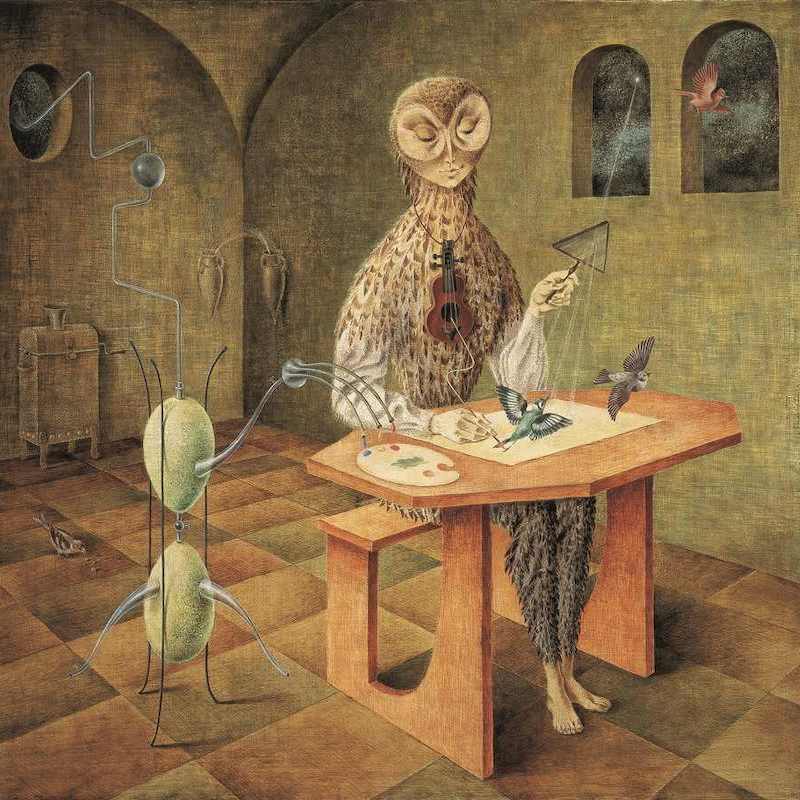
Poetic Exit StrategiesPrompt #9—Ana Božičević
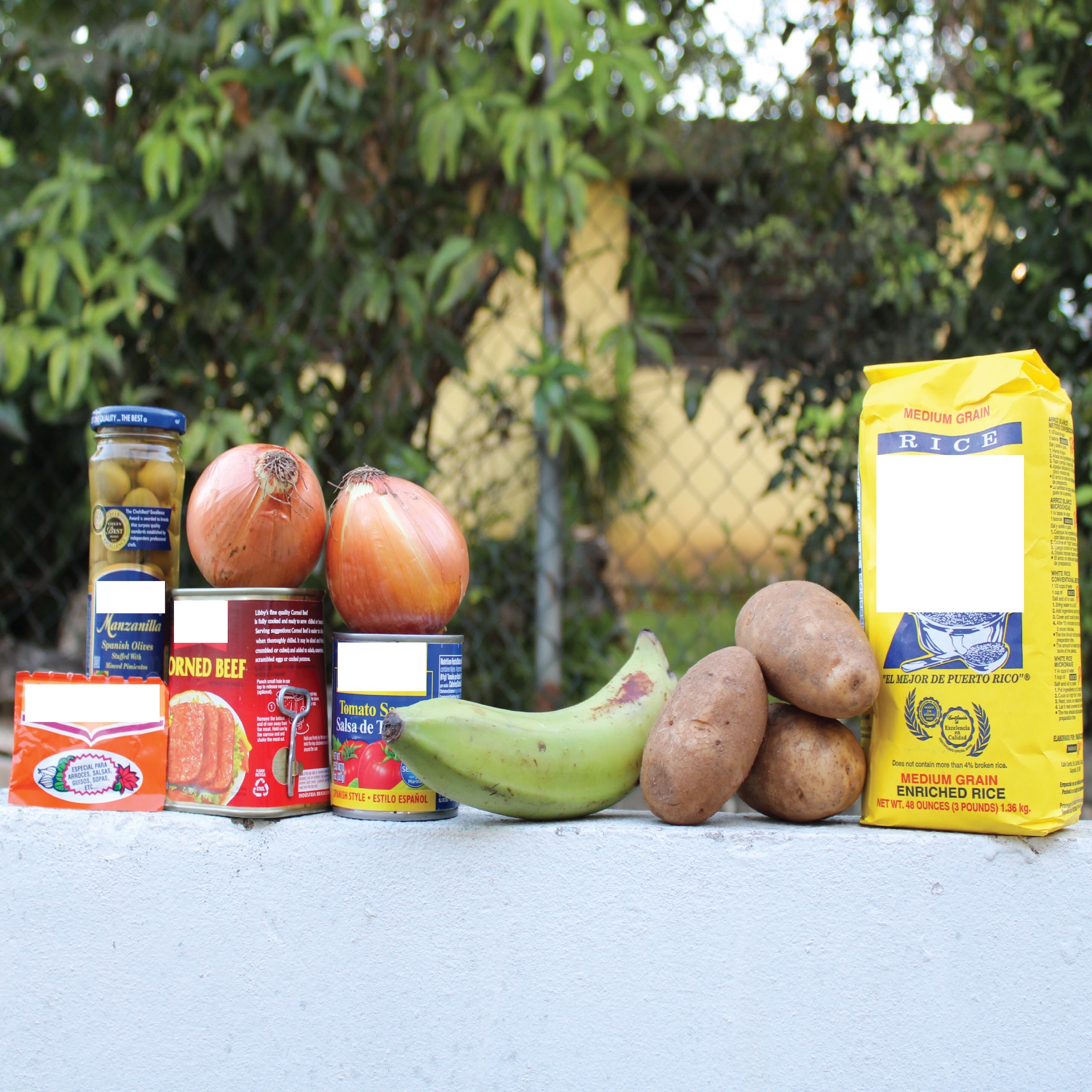
Proyecto ConbífPrompt #8—Erick "CK" Ledesma
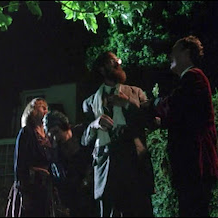
TRILOGYPrompt #6—CA Conrad

Utopian CompromisePrompt #7—Paul Druecke
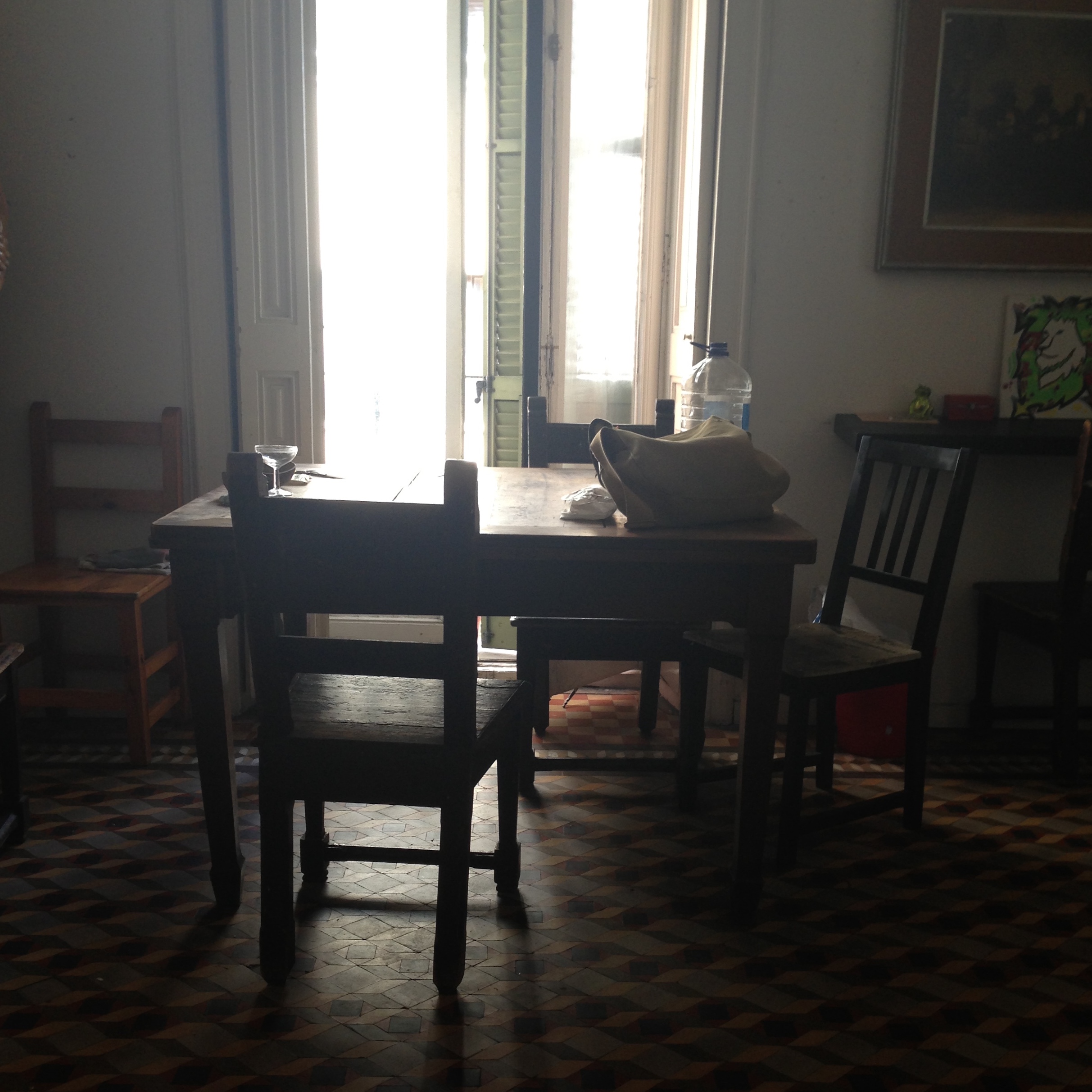
A Series of RoomsPrompt #5—Laura Solomon
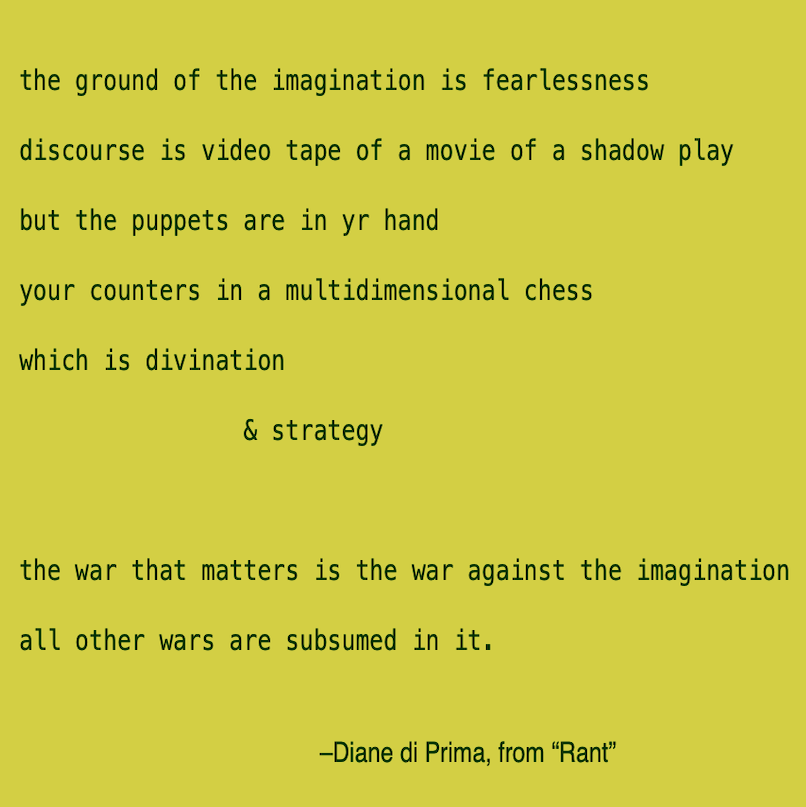
Two Variations on N+7Prompt #4—Jenny Gropp

T H E A P A R T / TOGETHERPOEMPrompt #3—Margaret Rozga
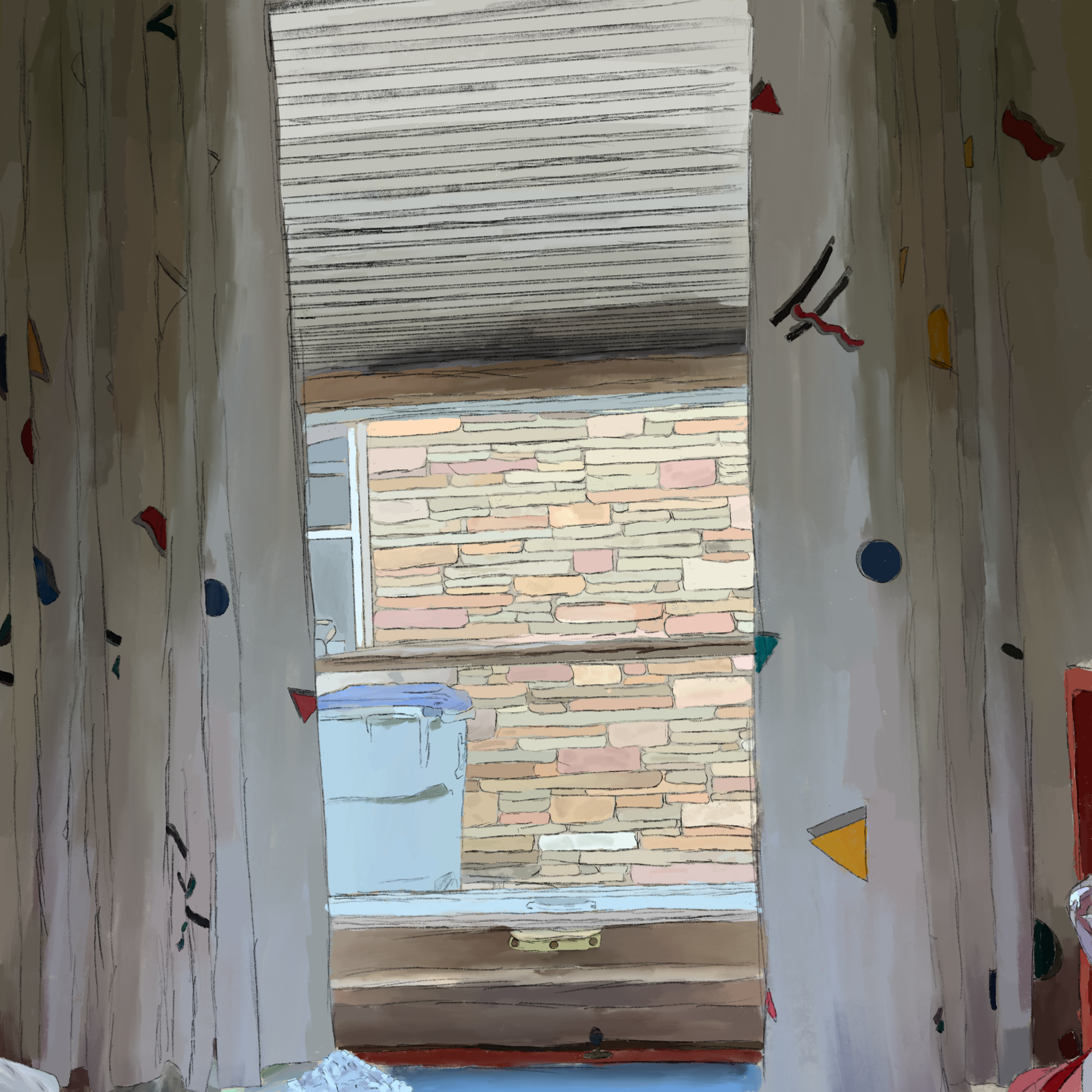
An Exercise in WindowsPrompt #2—Marla Sanvick
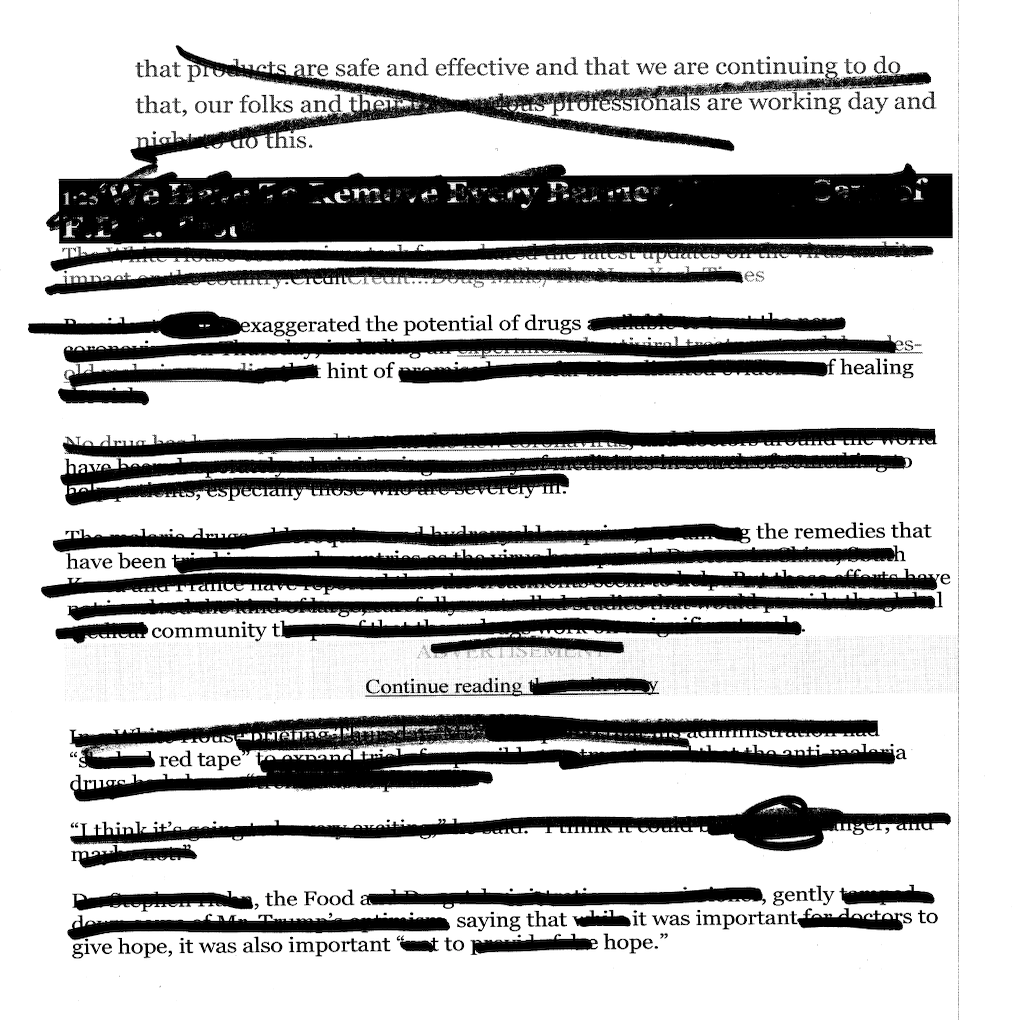
Erasuring AnxietyPrompt #1—Peter Burzynski
We acknowledge that in Milwaukee we live and work on traditional Potawatomi, Ho-Chunk, and Menominee homelands along the southwest shores of Michigami, part of North America’s largest system of freshwater lakes, where the Milwaukee, Menominee, and Kinnickinnic rivers meet and the people of Wisconsin’s sovereign Anishinaabe, Ho-Chunk, Menominee, Oneida, and Mohican nations remain present.
We further acknowledge the grave evil colonialism introduced to these lands through genocide as well as slavery, and also via racist and xenophobic beliefs, laws, and practices that continue to inflict harm upon Black, brown, and Indigenous lives. We honor those who have lived—and do live, now—at these intersections of identity and experience, and are committed to the active dismantling of white supremacy.
720 E. Locust Street
Milwaukee, WI 53212
Phone: 414 263 5001
Hours: Tues–Sun | 12-7 pm
Closed Mon
Building Accessibility: Despite the age of our physical location, and attendant limitations to access, Woodland Pattern is committed to making its programs and facilities available for as many as possible. Please call for more information.
Events Accessibility: Woodland Pattern is able to offer captioning services for its online events and with advanced notice can provide ASL interpretation for live events. Please contact us with accommodation requests and questions.
© Woodland Pattern 2025
